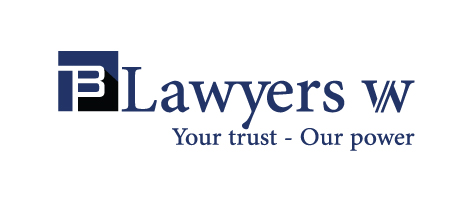Double taxation avoidance agreements (“DTAs”) are the basis for a foreign tax payer will not pay double taxes for the income earned in Vietnam. Additionally, DTAs create the mechanism enabling Vietnamese tax authorities to resolve matters relating to double taxation, tax avoidance for cross-border transactions and even tax evasion. However, tax authorities do not approve the application of DTAs in all cases. So, in which cases tax authorities shall refuse to apply DTAs?
Through this article, BLawyers Vietnam would provide some information for the question above.
1. 03 cases where tax authorities will disapprove the application of DTAs
a) Case 1: When the subject proposes to apply DTAs on a tax amount that has arisen more than 3 years prior to the proposal of DTAs’ application
For example: During the period between 2015 and 2021, A is a Korea-based enterprise had earned income from its franchise activity in Vietnam under the DTA between Korea and Vietnam. On 01 October 2021, A submitted a dossier for proposing tax deduction on the total amount of taxes paid in Korea during the period from 2015 to 2021 pursuant to the DTA between Vietnam and Korea. In this case, the Vietnamese Tax Authority would merely consider relieving the taxes occurred in Vietnam with the amount equated to the taxes that had been paid in Korea in the period of 3 years from 01 October 2018 to 01 October 2021.
b) Case 2: When the major objective of contracts or agreements are subjected entitled to tax exemption or reduction under DTAs.
c) Case 3: When the subject of DTAs’ application is not the beneficial owner of the income related to the tax which is proposed for deduction or exemption under DTAs
The beneficial owner herein may be an individual, a company or an organization are entitled to own and control the income, property or the rights creating incomes. While considering determining a subject as a beneficial owner, the Tax Authority shall consider all of factors and circumstances involving that object on the basis of the principle that “nature decides for form”, because the aim of DTAS is double taxation avoidance and prevention of tax evasion.
2. Which cases shall a subject be considered not as the beneficial owner?
By laws, some cases can be listed as follows:
- When the subject who is not a resident obliges to distribute more than 50% of his income to a person residing in a third-party State within 12 months from date of receiving income;
- When the subject who is not a resident does not conduct (hardly conducts) any business activity except for the ownership rights of the properties or the rights to gain income;
- When the subject who is not a resident conducts business activities, the property quantity, the business scale or the employee quantity, however, is not proportional to the gained income;
- When the subject is not a resident does not have (or hardly has) the right to control or dispose and has no obligation to bear or bears really few risks arising out of the income, or the property or the right to gain income;
- When agreements of loaning or supplying copyrights or supplying technical services between the subject who is not a resident and persons in Vietnam incorporate conditions and clauses from another agreement between the proposal and a third-party, but that agreement with the third party prescribes that the proposer will be the receiver of the loans, copyrights or technical services;
- When the subject is a resident in a State or a territory that does not impose income tax or imposes low tax rates (under 10%) without reason of investment incentives stated in DTAs; and
- When the subject is an agent, or an intermediate company (excluding the case where an agent or an intermediate company requests the application of DTAs under the authorization from a beneficial owner).
To sum up, it is essential for enterprises to get aware of the cases where tax authorities will refuse to apply DTAs from the very beginning to minimize risks incurred, which significantly impacts their profits.






